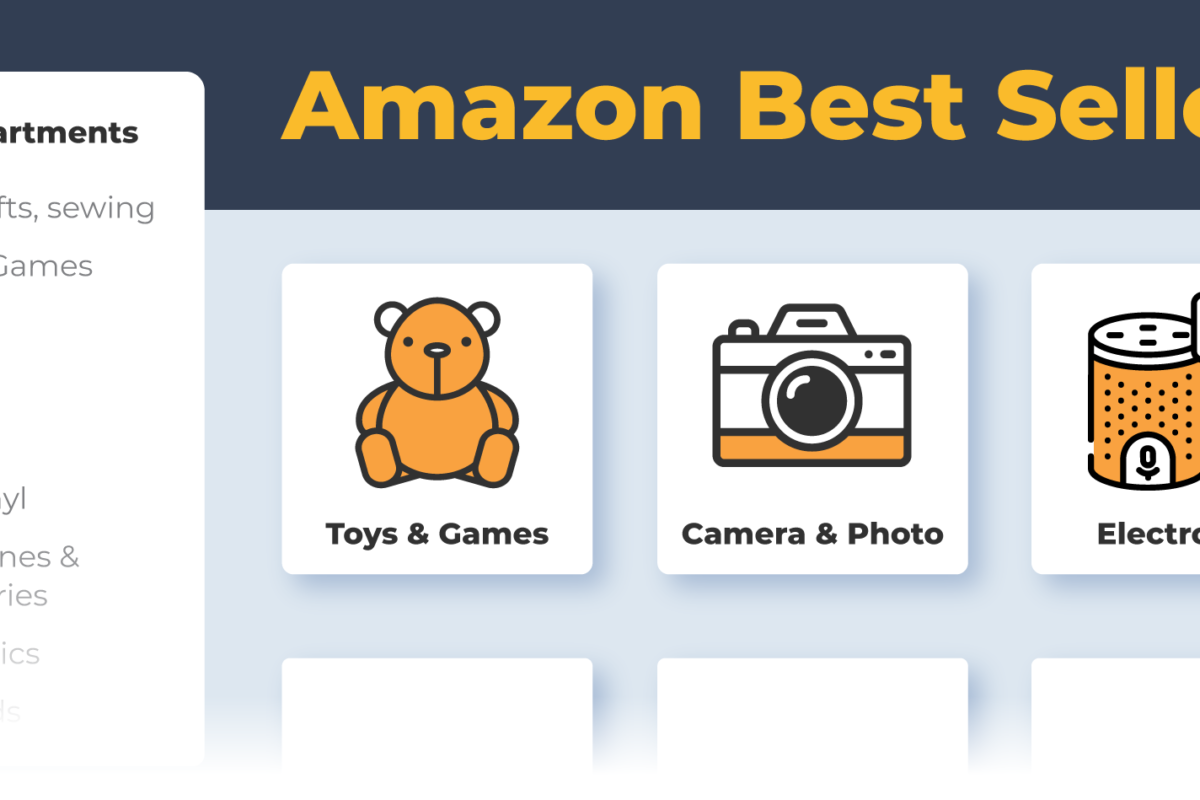Returns are a big issue for retailers. Consumers return more than a quarter of a trillion dollars in merchandise annually, and less than half of those goods can be resold at full price. In addition to creating problems for inventory management, retailers have to figure out how to restock the sellable goods and triage damaged ones to a string of liquidators and wholesalers.
Not surprisingly, then, many retailers are tightening up their policies. REI and L.L.Bean have replaced their famous lifetime guarantees with stricter limits. Most companies give consumers thirty days to return their purchases, with the expectation that shorter policies will reduce costs and increase profit.
Intuitively, this makes sense. The longer it’s been, the harder products become to sell. Clothes go out of fashion and technology gets outdated. So shorter return periods should lead to fewer returns, and the goods that do come back should be in better condition and easier to resell.
But some research suggests this might be shortsighted. Two marketing researchers ran an experiment in which different groups of consumers randomly received different return policies. For the strict policy group, only defective products or incorrect shipments could be returned. For the lenient policy group, any product could be returned at any time for any reason.
Contrary to intuition, the less restrictive policy actually increased profits. Not by just a little, but by 20 percent.
Because the lenient policy didn’t just increase returns, it also increased sales, and word of mouth. And these increases were more than enough to offset the cost of the extra returned merchandise. Applied to the company’s full base of customers, the lenient policy would have increased profits by more than $10 million a year.
Just like reducing up-front costs, shrinking back-end friction encourages action. Like free shipping and free trials, lenient return policies help change minds because they reduce people’s hesitation about trying something new. Knowing you can return something anytime helps de-risk the process and makes people more comfortable taking action.
Zappos doesn’t just offer free shipping; they pair it with free returns. If people don’t like what they ordered, they end up no worse than when they started.
Money-back guarantees or pay-for-performance contracts work similarly. “Don’t like it? We’ll fix it.” Some lawyers advertise that they don’t get paid if the client doesn’t win. Even airline tickets are covered by a twenty-four-hour return policy. All of which lower uncertainty, encouraging customers to change their minds from no to yes.
Contributed to Branding Strategy Insider by: Jonah Berger. Excerpted from his book: The Catalyst: How To Change Anyone’s Mind
The Blake Project Helps Brands In All Stages Of Development Earn A Place In The Future: Get actionable guidance from experts on Brand, Growth and Purpose strategy.
Branding Strategy Insider is a service of The Blake Project: A strategic brand consultancy specializing in Brand Research, Brand Strategy, Brand Growth and Brand Education




